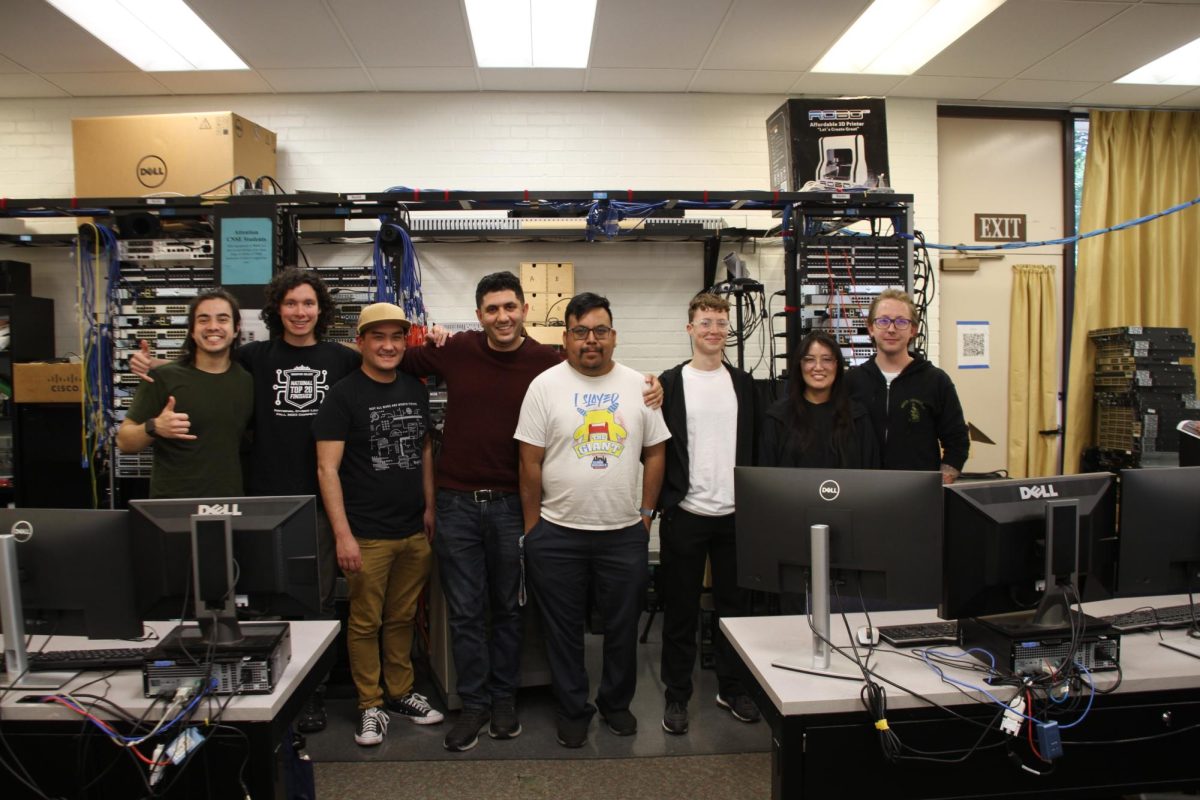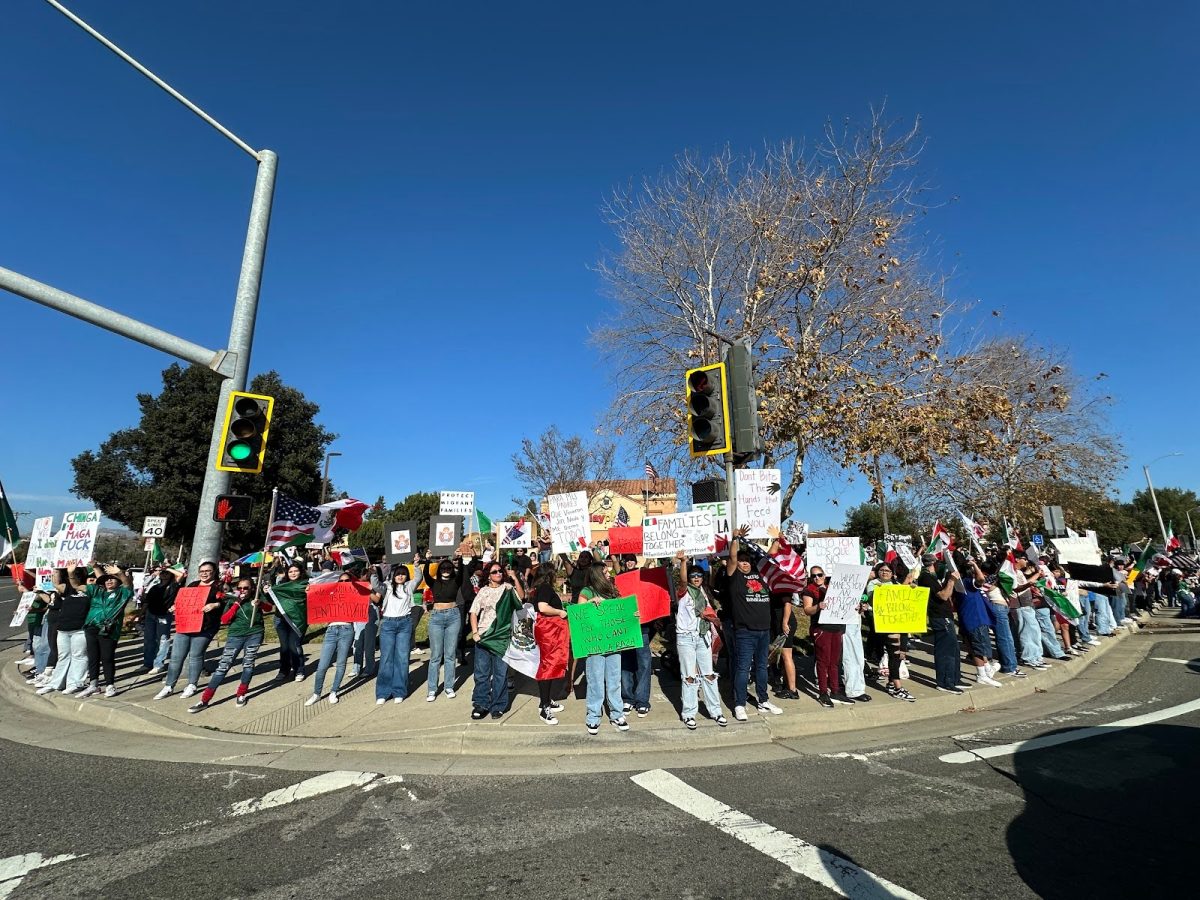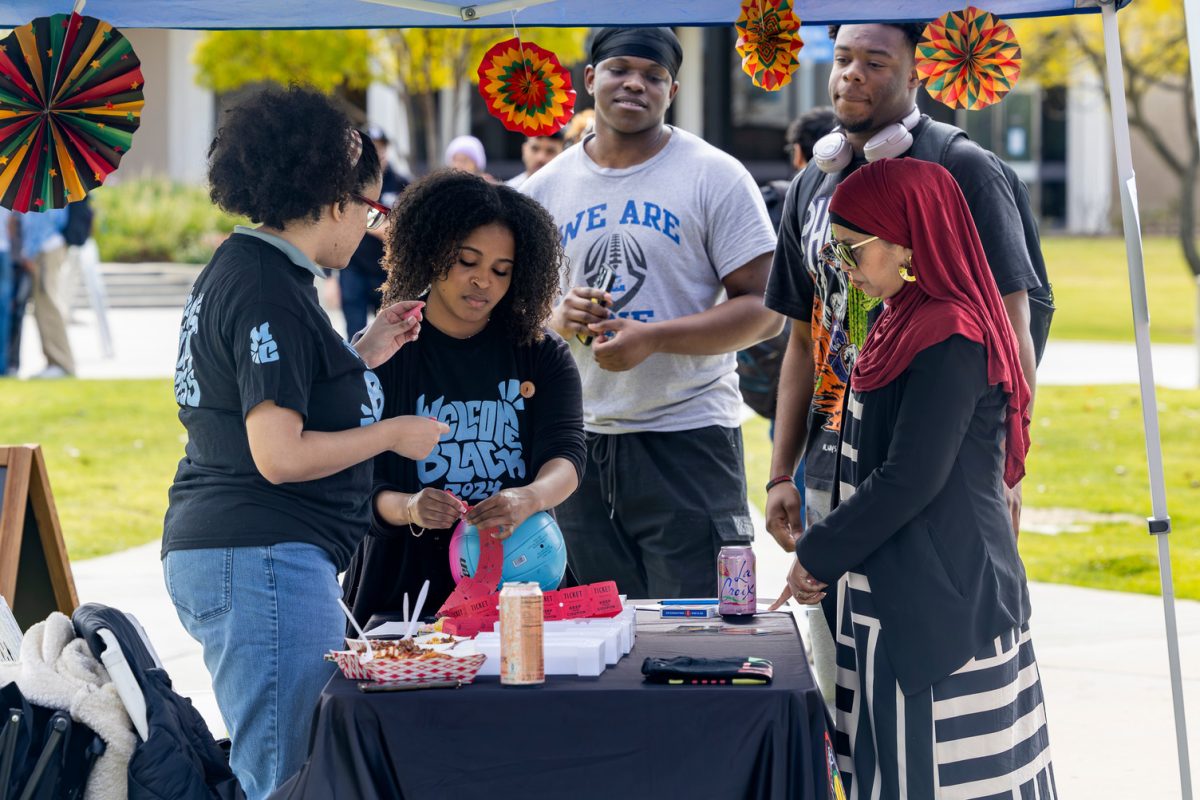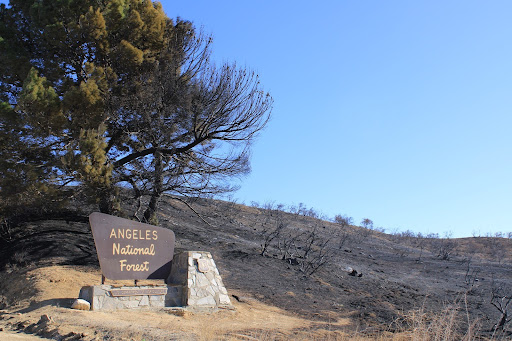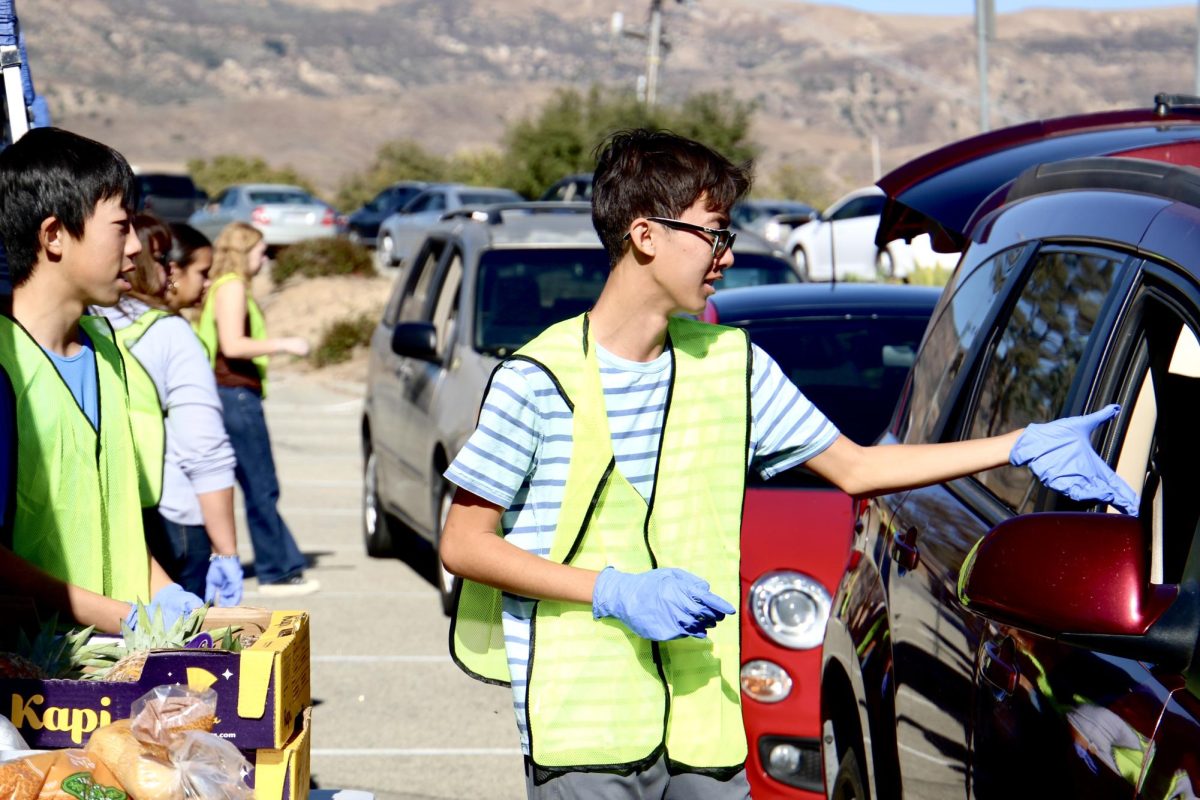The goal of an anthropologist is to accurately record and investigate human interactions and biology.
And yet, they have to keep their subjects as anonymous as possible.
This is a dilemma according to Cultural Anthropologist Professor Linda Kama’ila, who explored the issue in “Graves, Cannibals and Headhunters: Ethics of Studying Humans” at the Oxnard College Literature, Arts and Lecture Series on Nov. 25.
She started off by asking the audience how many of them had taken a math or science class in their lifetime, and then said how her simply observing how many raised their hands was human subject research.
She also stressed that even in something as small as that, she would have to protect the identity of her subjects.
“I certainly wouldn’t take down names from the sign out sheets and say ‘that person is taking a math class,'” said Kama’ila. “That would be unethical in my field.”
Having this kind of anonymity can have a negative impact in the long run, according to Kama’ila, where she later gave the example of an anthropologist having to assign a made up tribal name to a group of people they were observing.
As a result, a tribe made it into the history books that didn’t actually exist.
Kama’ila says this happens because of a divide between who is recording the current events and who is recording our history.
A historian can’t study something that has happened within the last 40 years, while a journalist records events as they happened.
At one point Kama’ila pointed out that Kitty Merrill, a film instructor who was recording the lecture for OC TV, was technically a journalist.
“She (Merrill) documents things as they happen, and in a really reliable medium I might add,” said Kama’ila. “One that an anthropologist would really appreciate, because if only we had video tape of sixteenth century rome, we’d have a much better idea of what actually happened.”
Kama’ila also explained how students need to understand that they are being studied everyday in class, with that info being stored and put on record.
Some practices in education, such as privately giving students their grades, has developed fairly recently.
Kama’ila said that when she went to Standford University, everyone knew how well she did on a test.
“So you where out there, your test score was right there and everybody knew it. I have to say that was an impetus to me to do well, I didn’t want to be the lowest score in class,” said Kamai’la.
Merrill later said how she enjoyed watched presentation while filming it.
“I thought the topic was really provocative,” said Merrill. “Privacy is something that is meaningful to everyone.”
Edgar Lodi, a 19-year-old English major at Oxnard College, said the lecture made him think about where we get our information.
“It was good, it was really informative and it really shed some light on something that isn’t really looked upon or ever discussed really on information and where it’s all coming from,” said Lodi.
Studying the past tomorrow
December 10, 2009
Linda Kama’ila
0
More to Discover


